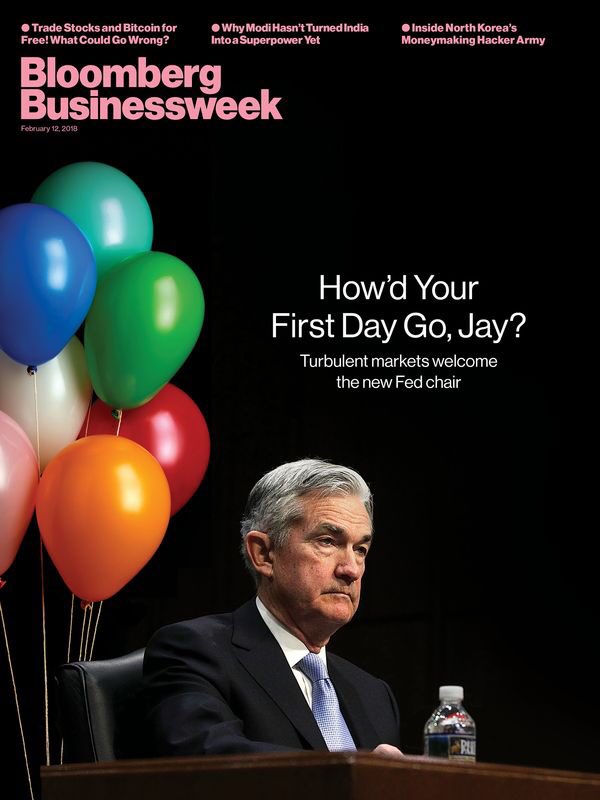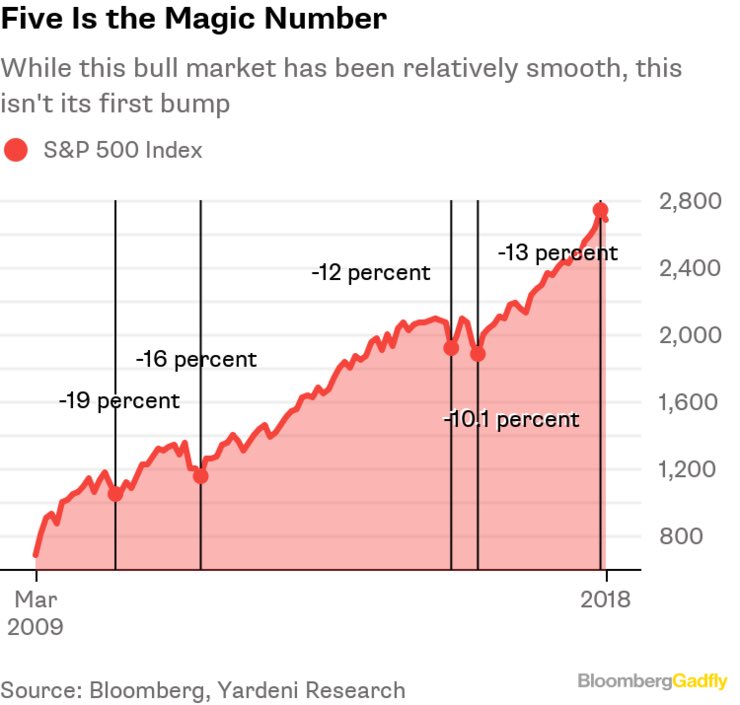Thread starts here
We also use this medium to welcome our new followers and those seeing this thread for the first time. We do this every Sunday, 10pm.
We begin....
This is a rather bizarre but interesting proposition.
Thanks a lot to @BluechipTechNG for all the support. They have ensured we bring this thread to you for about a year now.
Bye for now and do have a profitable week ahead.
*End*













